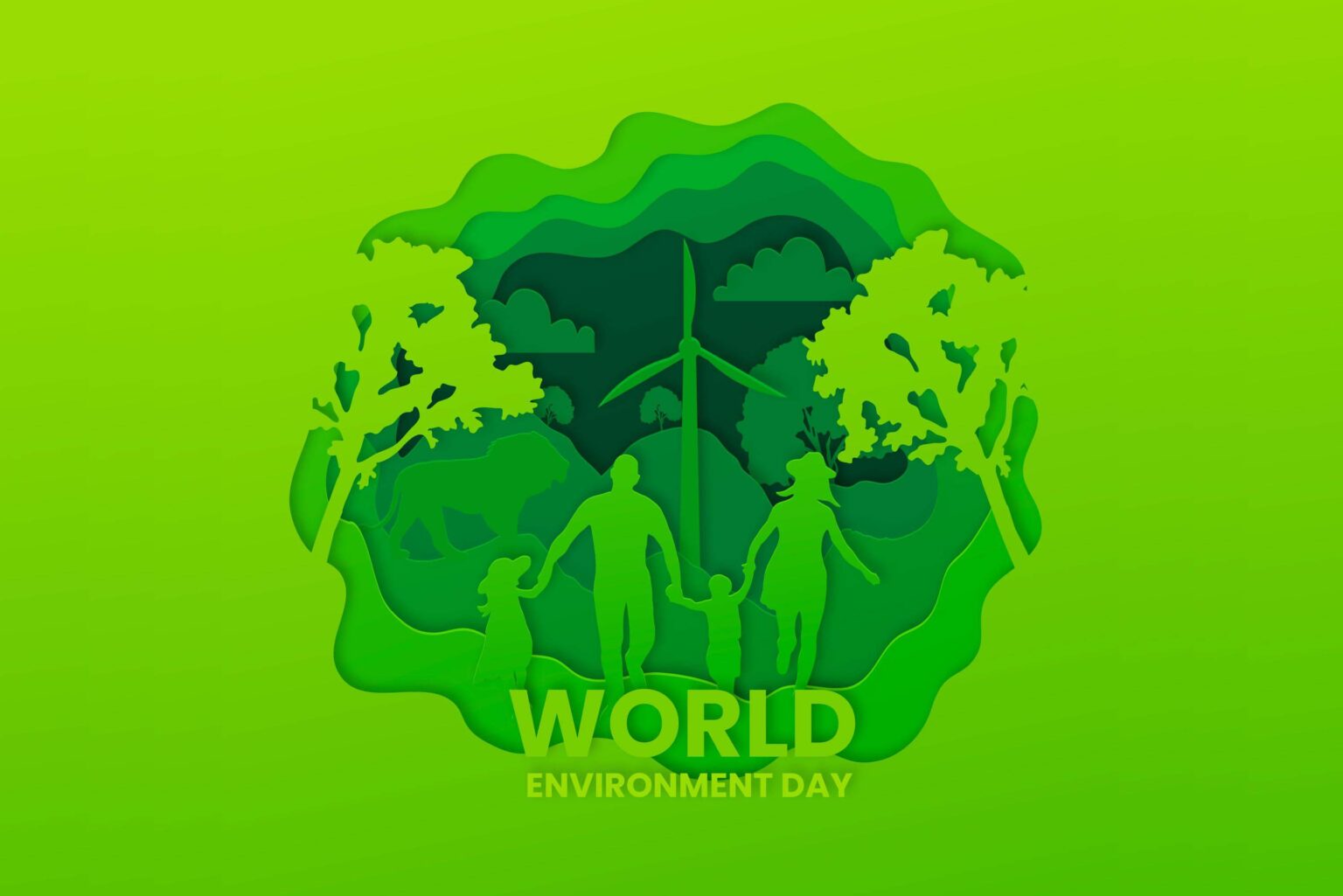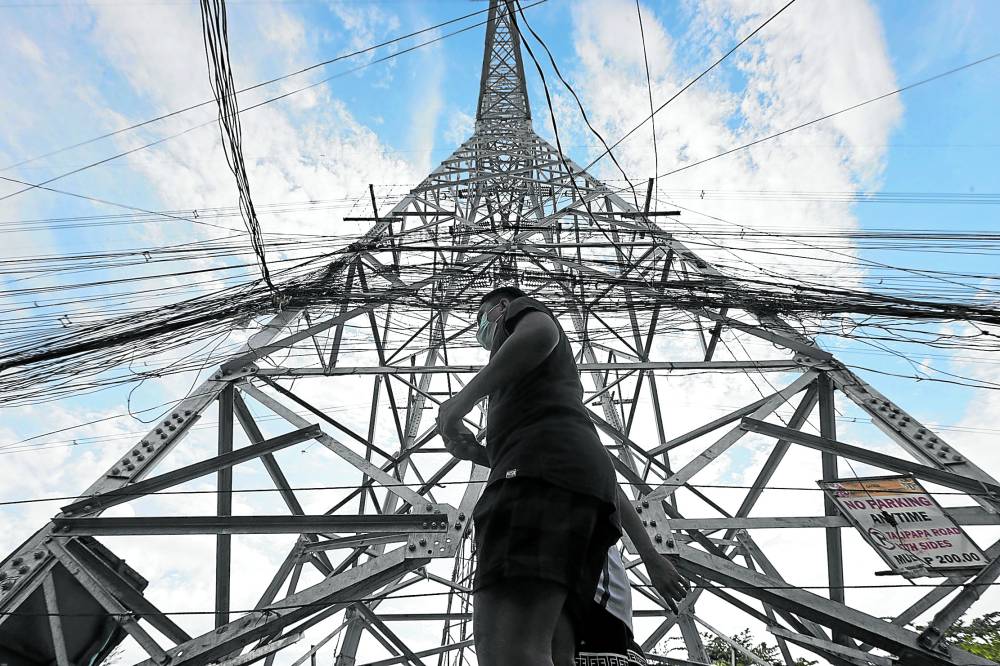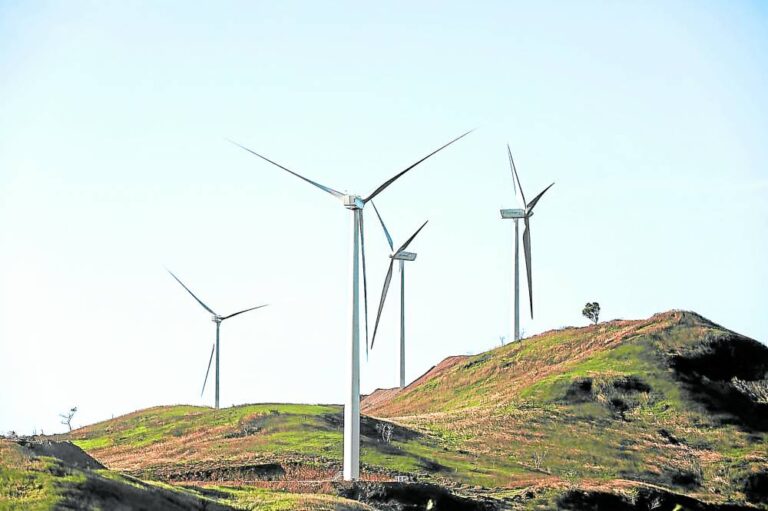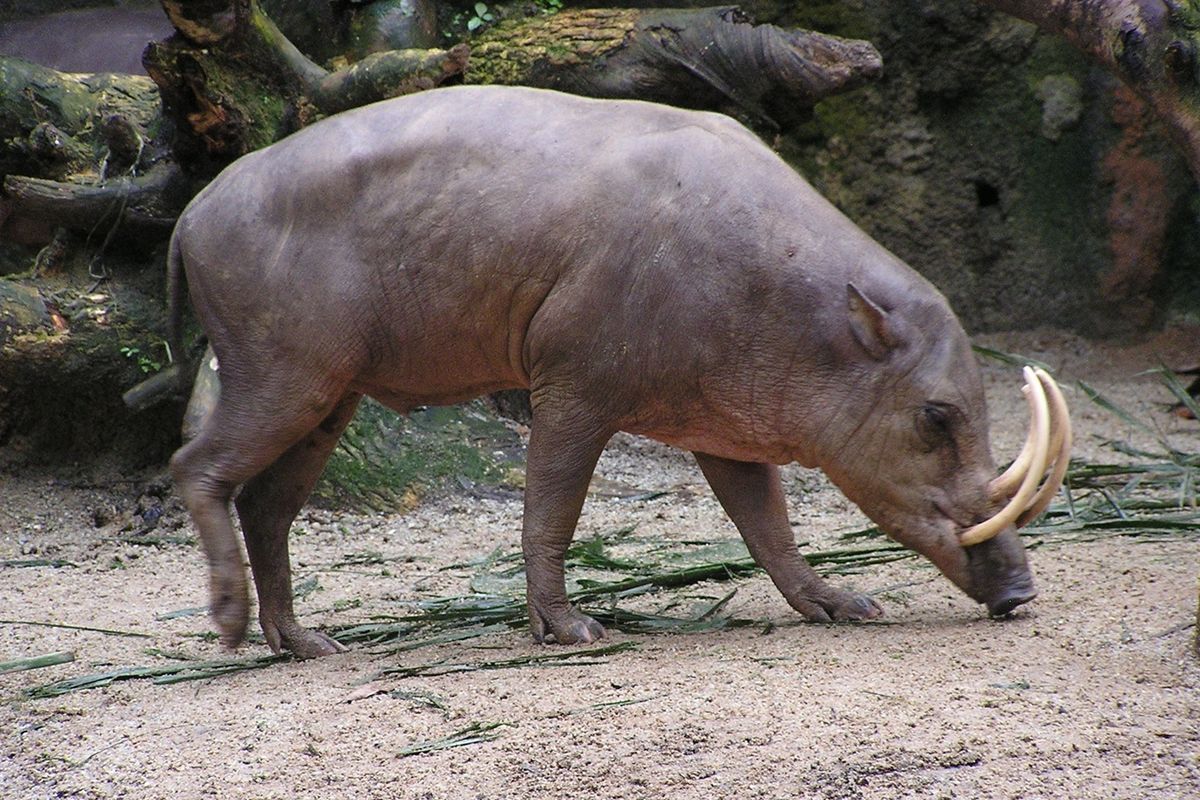Plastic does not degrade for hundreds, even thousands, of years, so “there is no end of life to plastic, only end of use,” says David Katz, founder and CEO of Vancouver-based social fintech Plastic Bank, which, as described in its website, is “a global bottle deposit program that helps end poverty and stops plastic pollution.”
“The end of life is a misnomer [for plastic]. There’s end of use if we don’t collect it,” Katz told a recent conference with media and stakeholders in Taguig City.
Collecting and reusing plastic has become an urgent, critical undertaking as it helps address the worldwide problem of mounting plastic waste. Plastic Bank, for instance, has collected 162 million kilograms of plastic globally, including more than 35 million from the Philippines alone in the last 11 years.
EPR Act of 2022
Under the Philippines’ Republic Act No. 11898, also known as the Extended Producer Responsibility (EPR) Act of 2022, big businesses, or those with more than P100 million in total assets, are required to come up with their own initiatives or systems that would cut plastic waste or provide sustainable use for it, whether through recycling or upcycling.
This covers plastic classified as “rigid,” including plastic bottles, containers, and chairs; and those deemed “flexible,” such as sachets, plastic bags, and tetra packs.
Even as more than 2,000 private firms are supposed to adhere to the EPR requirements, only around 900 are registered with the Department of Environment and Natural Resources (DENR) at present.




